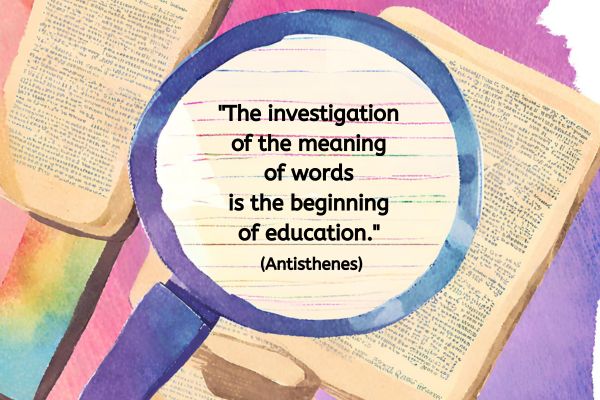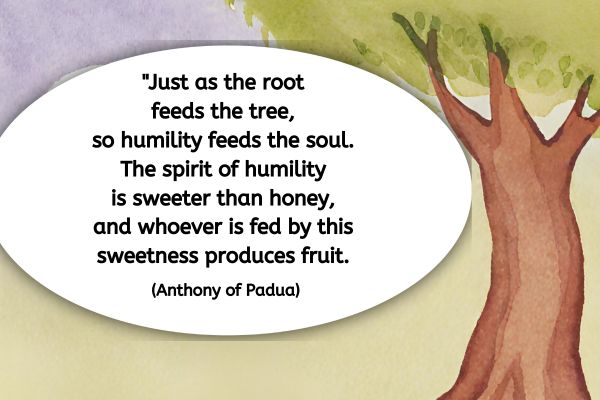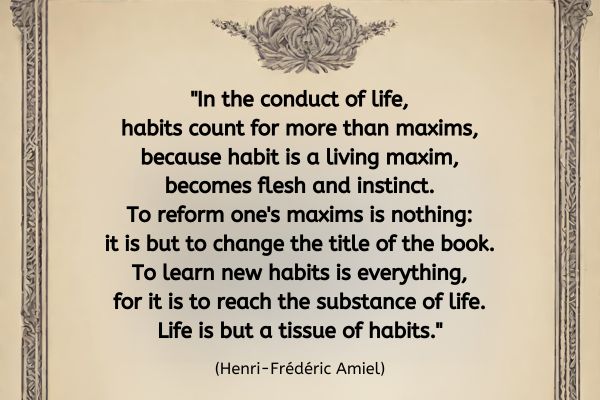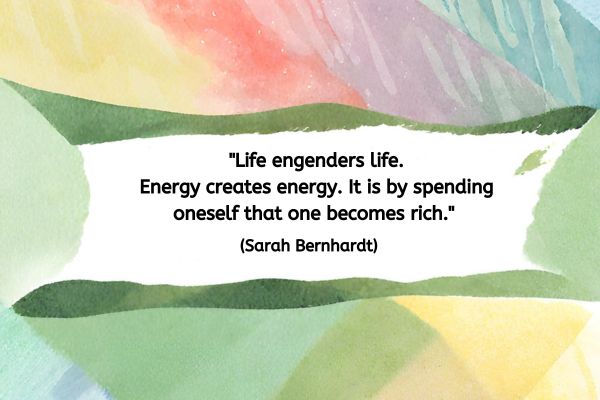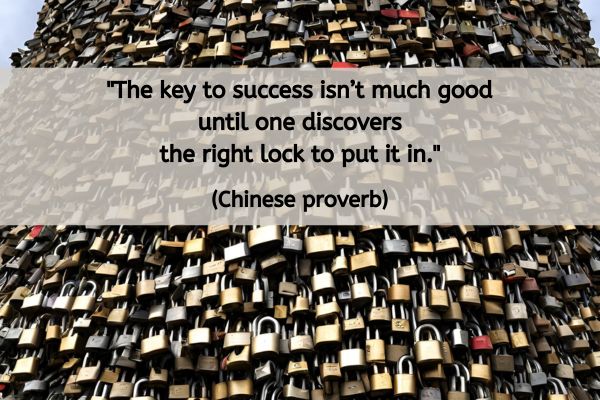Igniting Possibilities: Coaching Insights from a Dutch Proverb
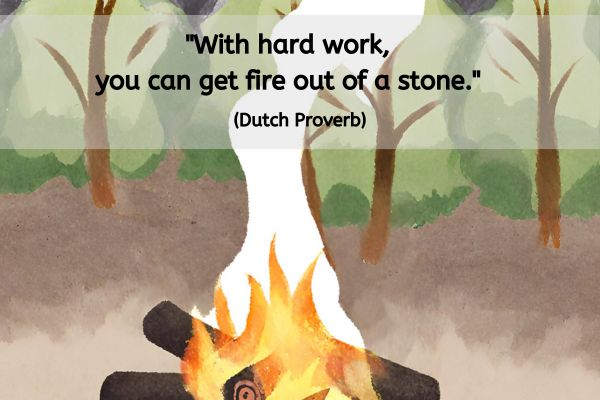
Today’s coaching inspiration comes in the form of:
“With hard work, you can get fire out of a stone.” (Dutch proverb)
While the imagery of extracting fire from a stone might seem like a laborious task, the proverb encourages us to consider the value of persistence and hard work. As coaches, we often encounter clients facing challenging situations, and this proverb prompts us to explore the varied facets of effort and determination.
Beyond Flint and Stone:
Taking the proverb literally, creating fire from a stone using a flint requires skill and perseverance. However, it’s essential to recognize that hard work is not the only route to success. The evolution from flint and stone to matches, firelighters, and modern heating methods illustrates the progression of alternatives and innovation. The first lesson for coaches is that while hard work is a reliable path, it’s not the sole avenue, and there might be more efficient and enjoyable ways to achieve one’s goals – even if theyre not ones you are currently aware exist.
Challenging Assumptions:
The proverb also prompted me to think about challenging assumptions about the difficulty of a task based on past experiences. Just because something was challenging in the past does not guarantee the same level of difficulty in the future. Clients may be carrying the weight of past struggles, assuming that the road ahead will be just as arduous. Coaches can encourage a shift in perspective by exploring new skills, external resources, and alternative approaches that may make the journey smoother and more enjoyable. In a bigger picture perspective this can also be a discussion around the impact of what we think can have on our experience.
Reframing Effort and Enjoyment:
The proverb also encourages coaches to explore the concept of effort and its relationship with enjoyment. What if the pursuit of a goal, while requiring effort and time, could also be enjoyable? By reframing the narrative, clients can approach challenges with a more positive mindset, seeing the effort as a meaningful investment in their growth and success.
Supporting Clients and igniting possibilities:
As coaches, our role is to provide support, especially when clients feel disheartened or lack motivation. Reminding them of their potential, emphasizing progress, and helping them understand that the journey may have its challenges but is part of the transformative process can be empowering. Additionally, pointing to the “fire within” – that internal drive and passion – can reignite their sense of purpose and resilience.
Conclusion:
The Dutch proverb teaches us that while hard work is a commendable approach, it’s not the only one. As coaches, we have the opportunity to guide our clients in challenging assumptions, reframing their relationship with effort, and finding joy in the pursuit of their goals. By embracing the lessons embedded in this proverb, we can empower our clients to see possibilities, tap into their inner fire, and navigate their journeys with confidence.
How do you support your clients when they perceive a task as challenging or lacking in motivation? Share your insights below!
About Jen Waller

Jen Waller is on a mission to support, nurture and encourage coaching skills and talents from non-coach to coach and beyond.
As an experienced coach and trainer Jen is happy to utilise all skills at her disposal to assist clients from getting out of their own way and making a difference in the world with their coaching. Find out more about the support Jen offers here.
